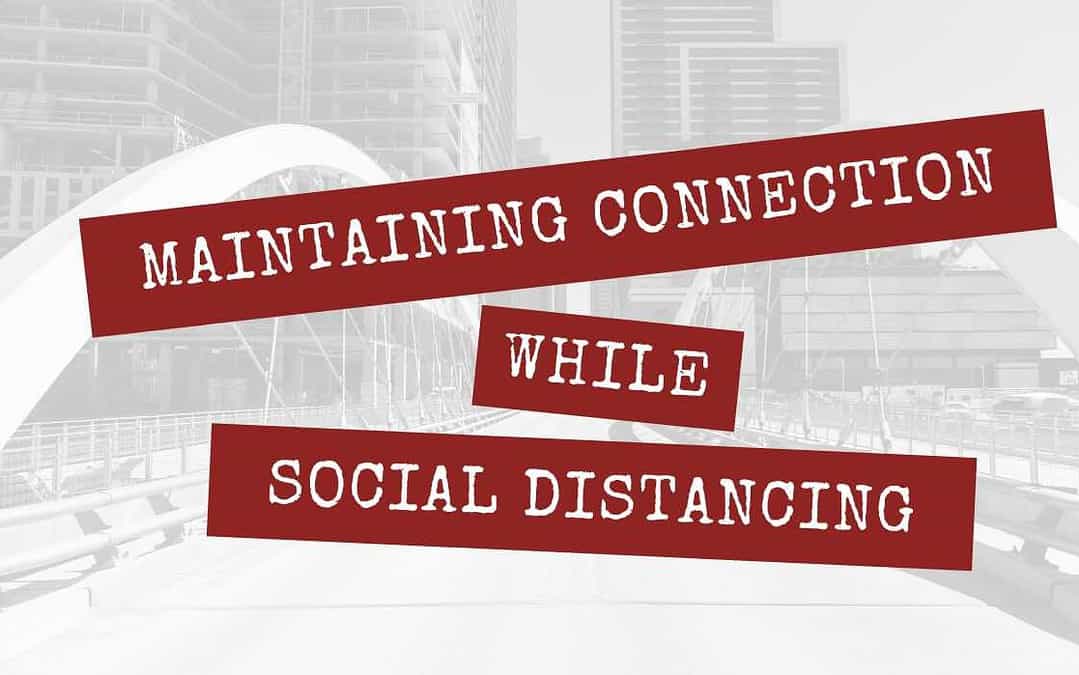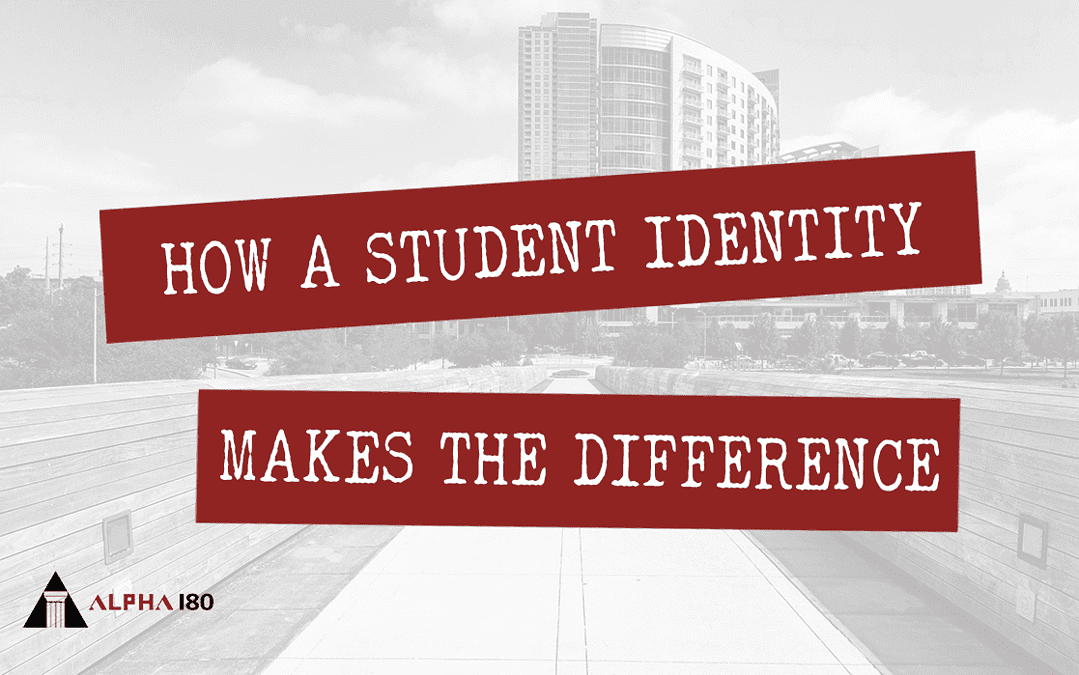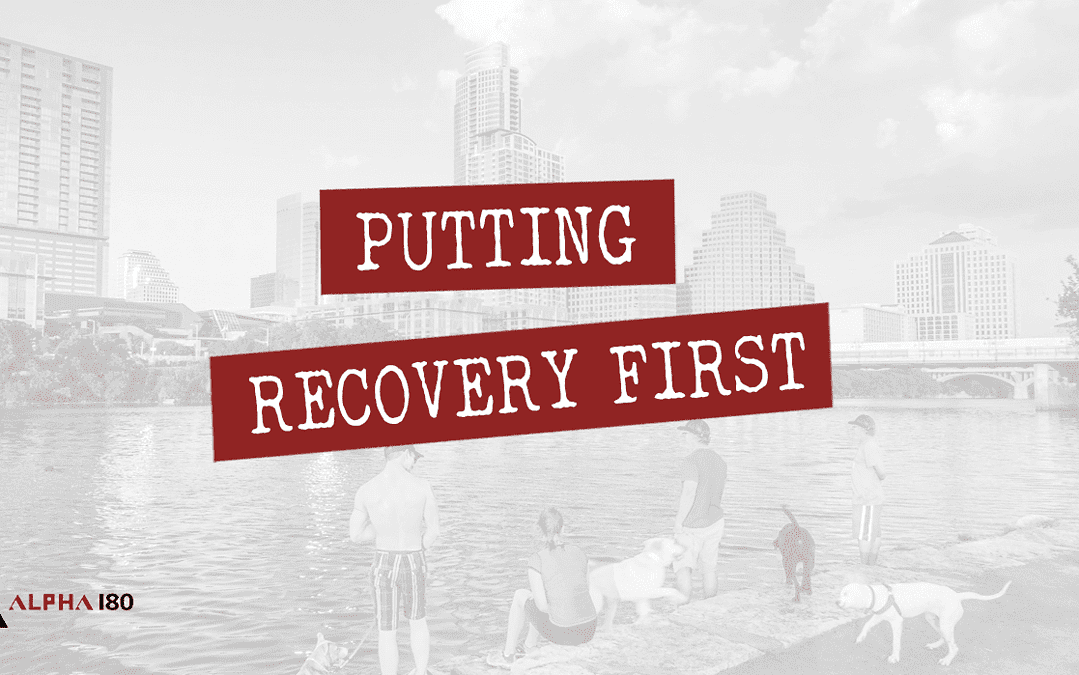When I worked in a residential treatment center, it was all too common for clients to band together around their frustrations around the perceived restrictions and rules. After spending many precious hours of group therapy time attempting to redirect engagements centered around these complaints, I challenged the clients to use their negative emotions as opportunities to engage in the process of learning to feel their feelings, slow things down, and consciously choose how to respond. In residential treatment, it’s easy for clients to feel disenfranchised, thus searching for aspects of their reality over which they may exert power – a natural response.
One day a client was reporting on very volatile emotions coming up around some rather minor household conflicts. Flustered, he blurted, “Is this just part of the process?”
The question and my answer were a revelation for both of us. I answered, “Yes. It’s ALL part of the process!” That understanding paved the way for the client’s deeper understanding of recovery, and he now has nearly 18 months of sustained sobriety.
There is a very useful model for focusing on process instead of results. Richard Rudd, author of The Gene Keys, delineates a pattern of challenge, followed by breakthrough, and finally, core stability. If we can reframe our emotional difficulties – our frustrations, our moods, our hopelessness – as challenges, we see a clear choice. This perspective provides a sense of agency, a quality lost in active addiction.
We can confront the challenge and look for the learning opportunity, or we can give up and return to ineffective, conditioned reactions. If we stay engaged with the challenge, we come to a breakthrough – a moment of insight or understanding that changes everything. Each breakthrough adds to our core stability of resilience and emotional regulation, which then leads us into our next challenge. This model of thinking can transfer downward spirals into ascending spirals and turn our lives around.
We live in a culture obsessed with results, and the process of how we attain those results seems to matter less and less. It seems important to understand that recovery is a process, not a result. There’s no finish line, no gold medal at the end of the race. What recovery offers us is the peace and contentment of living from a neutral space, from which we can experience a wide range of emotions, give them the attention and energy needed, and return in a reasonable time to our neutral space. This is a life of flow that brings us into emotional balance and helps us remember, it’s ALL part of the process!
About the Author:
JC Shakespeare, LPC-S
JC Shakespeare, LPC-S has worked for over a decade in schools, treatment centers, IOP programs and in private practice, delivering compassionate counseling through a trauma-informed lens.






